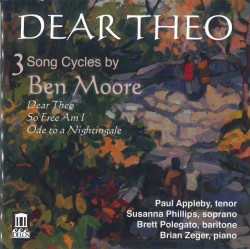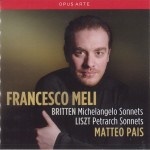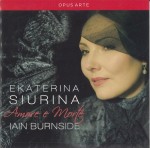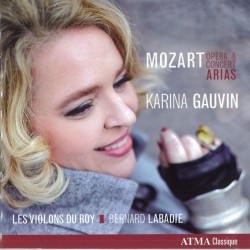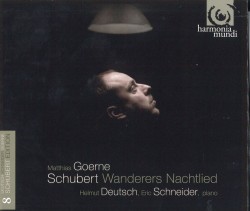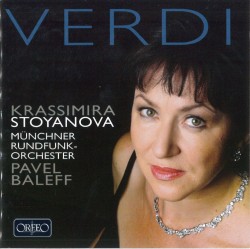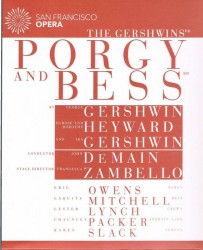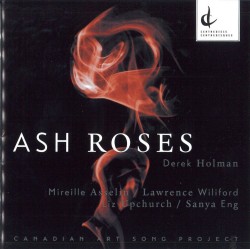Britten: The Rape of Lucretia, Op.37
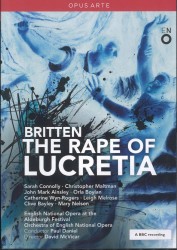 Britten: The Rape of Lucretia, Op.37
Britten: The Rape of Lucretia, Op.37
Cast of the 2001 Aldeburgh Production; English National Opera Orchestra; Paul Daniel
Opus Arte OA 1123 D
The Rape of Lucretia is one of Britten’s most difficult subjects. It is almost a graphic description of a rape and although it should be a fit subject for opera, it is almost unmanageable both to observe and to stage.
This production is a gripping and successful mounting of this harrowingly painful illumination of the dark side of human nature. Lucretia was the first of his chamber operas, which were succeeded by his Church Parables Trilogy, all valued for their modest demands.
Britten’s ritual structuring of this unusual piece makes it possible to negotiate the more lurid aspects of this tragedy, and the production strips away the operatic stage, make-up, ritualizing and costuming devices that would have served to objectify the depiction of the rape. The opera makes it clear that this violation destroys Lucretia’s soul. Her relationship with her husband will be demolished and, in her subjective context, the only solution is suicide. Yannis Thavoris’ set and costumes, appropriate for the time and David McVicar’s direction bring Ronald Duncan’s libretto to explicit realisation. The Greek Chorus, whose classic role is only to comment on the proceedings, is brought as much as possible into the dramatic space, frequently approaching the protagonists but never engaging with them. Persuasively sung and acted with ardour by John Mark Ainsley and Orla Boylan.
Contralto Sarah Connolly is a perfect Lucretia, patrician in bearing and maternal in spirit, and baritone Christopher Maltman is the Etruscan Tarquinius, supercilious in his soldier’s tunic and cuirass, with legs bare, making a formidable sexual aggressor. Clive Bayley is Collatinus, her husband and Leigh Melrose sings Junius. Catherine Wyn-Rogers is Bianca and Mary Nelson is Lucia.
Performed in the ambience of The Maltings in Aldeburgh, Britten’s own theatre, by a superlative cast on a starkly true set, this production will probably never be equalled, let alone surpassed. The 2001 BBC documentation is faultless and the finished DVD puts us in the audience. A unique treasure.


